
“Primeval Russia” from Dagestan to the Arctic Circle
/ Главная / Russkiy Mir Foundation / Publications / “Primeval Russia” from Dagestan to the Arctic Circle“Primeval Russia” from Dagestan to the Arctic Circle
Svetlana Smetanina
This year the nationwide nature festival “Primeval Russia” will be held for the fifth time. According to tradition, it will begin in Moscow and then pass through other Russian cities. Since it began, more than 2.5 million people have visited the festival. One can most likely explain the incredible popularity of these wilderness photographs by people’s equally strong need for beauty and their desire to see and admire the diversity of natural riches in their country.
The “Primeval Russia” festival, which has become so popular and in demand, came together thanks to the enthusiasm of one person: Oleg Panteleev, a former senator from Kurgan Oblast and an enthusiastic photographer who died suddenly in 2016. Today, his life’s work is being continued by the Oleg Panteleev Charitable Trust for Supporting Cultural and Conservationist Projects, which seeks not only to continue the work of the festival, but also to assist talented photographers.

This year the “Primeval Russia” festival will be held from 26 January through 25 February at what has become it’s traditional site, at the Central House of Artists. Visitors will see 450 works by 160 artists from all over the country. As festival director Tamara Panteleeva has emphasized, this is not a contest but rather a platform for distinctive photographers who will have an opportunity to make themselves known at the festival.
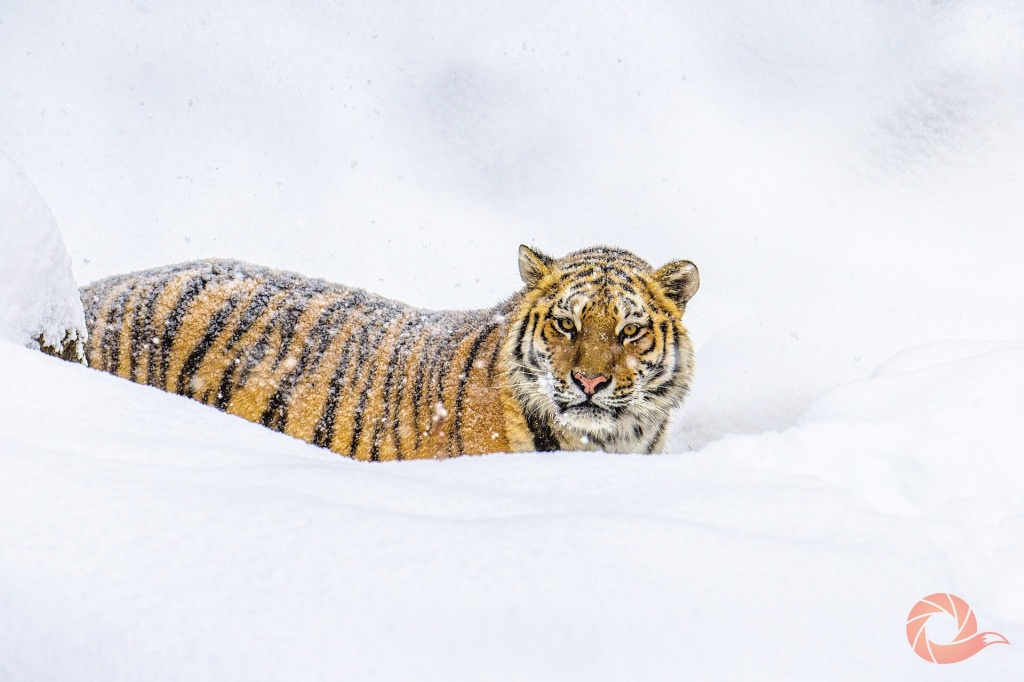
The festival offers its visitors, in their turn, a unique opportunity to “visit” those corners of primeval Russian nature where humans have rarely set foot. For instance, the Putorana Plateau. In fact, “The Putorana Plateau. Inaccessible Beauty” is the name of a project by the photographer Sergei Gorshkov, which he spent several years on. “This was the most difficult project that I’ve done over the past 15 years,” Sergei admits. And overall, in his words, nature photography is, first and foremost, the art of patience: “You must learn to endure and to wait—weeks, or sometimes even a year.” Well, and there’s certainly also luck involved. And then one might be able, for example, to photograph a “general assembly” of polar bears, numbering no less than two hundred individuals, feasting on the carcass of a dead whale. One can also see this incredible picture from life in the wilderness at the festival.

We didn’t even imagine how beautiful our country was!” most visitors to the festival exclaim.
There are also fantastic views of the Artic, the Kola polar region, Yakutia, Dagestan, Kamchatka, the Sea of Okhotsk, and the Laptev Sea. The organizers themselves admit that it was very difficult to select photographs from the tens of thousands submitted to the festival. But then those that made it through this selection are actually not just the best, but spellbinding. “We didn’t even imagine how beautiful our country was!” most visitors to the festival exclaim.
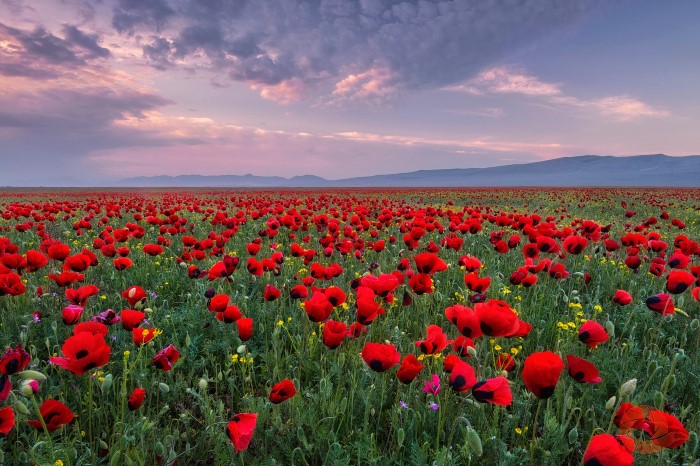
This year they will have the opportunity to see Russia from an even more unusual perspective—from outer space, thanks to the photographic works of the cosmonaut Sergei Riazanskii. From 28 July through 14 December 2017, he headed the team of the Soyuz MS-05 spacecraft and the team of the International Space Station. During his free time, he shot our Earth from outer space, even though he literally had only seconds to capture any view that caught his eye—the space station flew 400 km in the blink of a human eye.
The festival’s second special project will be an exhibit of works by the winners of the Russia-wide children’s “Primeval Russia” photographic contest. The contest was first conducted together with the “Russian Students’ Movement” children’s organization. 750 young photographers from 74 subjects of the Russian Federation took part in the contest. Thirty photographs from contest winners were featured in the festival exposition.
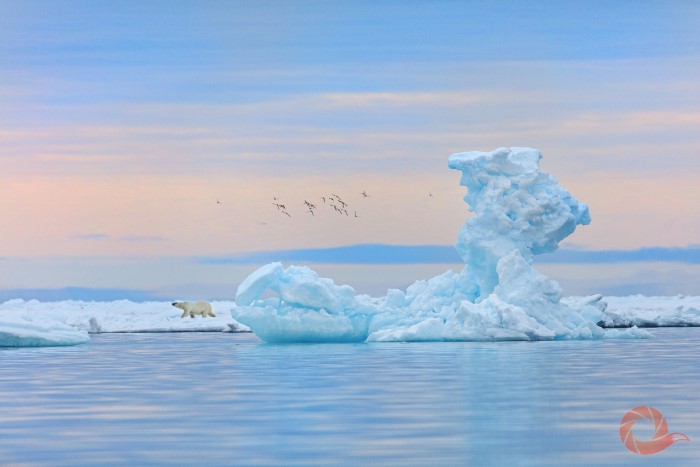
It is impossible for many nature preserves to get by today without the help of volunteers.
The festival program will be very densely packed. On the first Saturday and Sunday, 26 and 27 January, the festival will feature for the first time a weekend of Russian wilderness photographers with the obligatory master classes. On 3 February, as part of Volunteer Year, there will be a Volunteer Day, when people will be invited to learn not only how to travel around our country but also how to help nature. As the director of the “Preserves” Ecological Education Center Natalia Danilina said at a press conference for RIA News, after every “Primeval Russia” festival several dozen people join the ranks of volunteers who work at territories under special protection. It is impossible for many nature preserves to get by today without the help of volunteers. “We have got used to our natural resource being rich and bottomless, but it isn’t this way everywhere—nature has a limit to its permanence,” Natalia Danilina explained.
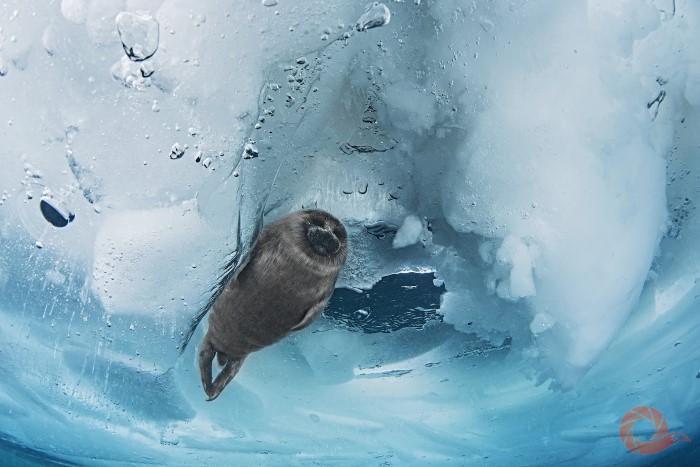
By the way, journalists have also worried about this “limit of permanence” and have asked the festival organizers if growth in domestic and international tourism affects the possibility of preserving unique parts of nature. Today this problem is already confronting Baikal and Solovki, which have become popular tourist destinations. Natalia Danilina is certain that Russia’s natural sites have an important defensive feature in this case—the difficulty of reaching them: “If as many people went to Wrangel Island as go to the Losiny Island National Park, for instance, Wrangel Island would have been reduced to nothing long ago.” Of course, there can be no doubt that the “Primeval Russia” festival has motivated Russian citizens to travel across their own country.

Over the past thirty years the worldwide Red Book hasn’t added a single disappearing species of Russian flora or fauna while the number of such species has doubled in the rest of the world.
But importantly, it also inspires many people to adopt a careful and thoughtful attitude toward nature. As the Press Secretary for the Ministry of Natural Resources and Ecology, Nikolai Gudkov, told us, thanks to the festival it has been possible to make significant progress in the sphere of conservationist projects. Today 13,000 sites in Russia and 12% of the country’s territory are conservation areas. And there’s one other important indicator: over the past thirty years the worldwide Red Book hasn’t added a single disappearing species of Russian flora or fauna while the number of such species has doubled in the rest of the world.
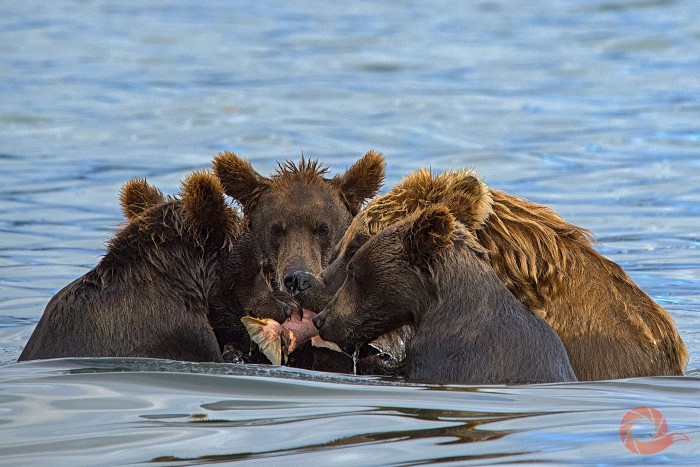
The festival will also involve a Sea Day, a Bird Day, and a Northern Peoples Day. The festival will close with a science weekend, during which a great number of interesting events for children are planned—popular science lectures and science shows.
Then, after Moscow, the festival will visit other regions. Thus, last year it traveled through thirty Russian cities from Murmansk to Vladivostok.
New publications

 Mikhail Kalatozov, a director who transformed the world of cinematography in many ways, was born 120 years ago. He was a Soviet film official and a propagandist. Above all, he was capable of producing movies that struck viewers with their power and poetic language.
Mikhail Kalatozov, a director who transformed the world of cinematography in many ways, was born 120 years ago. He was a Soviet film official and a propagandist. Above all, he was capable of producing movies that struck viewers with their power and poetic language.  Ukrainian authorities have launched a persecution campaign against the canonical Ukrainian Orthodox Church (UOC), the biggest one in the country's modern history. Over the past year, state sanctions were imposed on clergy representatives, searches were conducted in churches, clergymen were arrested, criminal cases were initiated, the activity of the UOC was banned in various regions of the country, and monasteries and churches were seized.
Ukrainian authorities have launched a persecution campaign against the canonical Ukrainian Orthodox Church (UOC), the biggest one in the country's modern history. Over the past year, state sanctions were imposed on clergy representatives, searches were conducted in churches, clergymen were arrested, criminal cases were initiated, the activity of the UOC was banned in various regions of the country, and monasteries and churches were seized.  When Nektary Kotlyaroff, a fourth-generation Russian Australian and founder of the Russian Orthodox Choir in Sydney, first visited Russia, the first person he spoke to was a cab driver at the airport. Having heard that Nektariy's ancestors left Russia more than 100 years ago, the driver was astonished, "How come you haven't forgotten the Russian language?" Nektary Kotlyaroff repeated his answer in an interview with the Russkiy Mir. His affinity to the Orthodox Church (many of his ancestors and relatives were priests) and the traditions of a large Russian family brought from Russia helped him to preserve the Russian language.
When Nektary Kotlyaroff, a fourth-generation Russian Australian and founder of the Russian Orthodox Choir in Sydney, first visited Russia, the first person he spoke to was a cab driver at the airport. Having heard that Nektariy's ancestors left Russia more than 100 years ago, the driver was astonished, "How come you haven't forgotten the Russian language?" Nektary Kotlyaroff repeated his answer in an interview with the Russkiy Mir. His affinity to the Orthodox Church (many of his ancestors and relatives were priests) and the traditions of a large Russian family brought from Russia helped him to preserve the Russian language.

 The leaders of the Friends of the Great Russia cultural association (Amici Della Grande Russia) in Italy believe that the Western policy of abolishing Russian culture in Europe has finally failed. Furthermore, it was doomed to failure from the beginning.
The leaders of the Friends of the Great Russia cultural association (Amici Della Grande Russia) in Italy believe that the Western policy of abolishing Russian culture in Europe has finally failed. Furthermore, it was doomed to failure from the beginning.  Name of Vladimir Nemirovich-Danchenko is inscribed in the history of Russian theater along with Konstantin Stanislavski, the other founding father of the Moscow Art Theater. Nevertheless, Mr. Nemirovich-Danchenko was a renowned writer, playwright, and theater teacher even before their famous meeting in the Slavic Bazaar restaurant. Furthermore, it was Mr. Nemirovich-Danchenko who came up with the idea of establishing a new "people's" theater believing that the theater could become a "department of public education."
Name of Vladimir Nemirovich-Danchenko is inscribed in the history of Russian theater along with Konstantin Stanislavski, the other founding father of the Moscow Art Theater. Nevertheless, Mr. Nemirovich-Danchenko was a renowned writer, playwright, and theater teacher even before their famous meeting in the Slavic Bazaar restaurant. Furthermore, it was Mr. Nemirovich-Danchenko who came up with the idea of establishing a new "people's" theater believing that the theater could become a "department of public education."  "Russia is a thing of which the intellect cannot conceive..." by Fyodor Tyutchev are famous among Russians at least. December marks the 220th anniversary of the poet's birth. Yet, he never considered poetry to be his life's mission and was preoccupied with matters of a global scale. Mr.Tyutchev fought his war focusing on relations between Russia and the West, the origins of mutual misunderstanding, and the origins of Russophobia. When you read his works today, it feels as though he saw things coming in a crystal ball...
"Russia is a thing of which the intellect cannot conceive..." by Fyodor Tyutchev are famous among Russians at least. December marks the 220th anniversary of the poet's birth. Yet, he never considered poetry to be his life's mission and was preoccupied with matters of a global scale. Mr.Tyutchev fought his war focusing on relations between Russia and the West, the origins of mutual misunderstanding, and the origins of Russophobia. When you read his works today, it feels as though he saw things coming in a crystal ball...